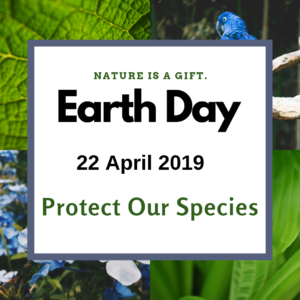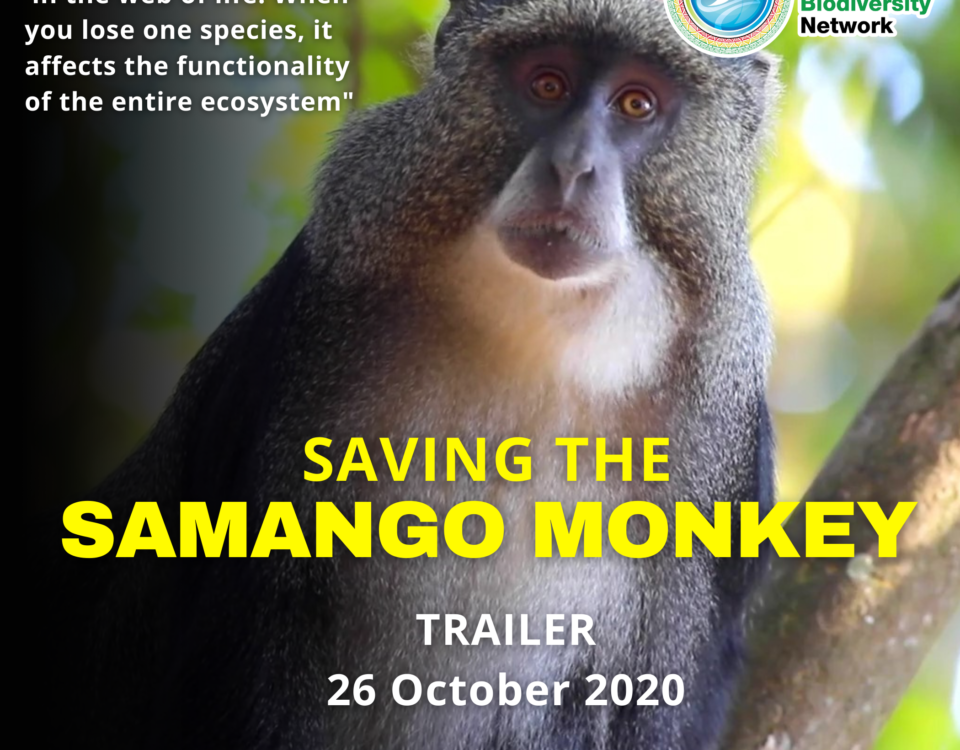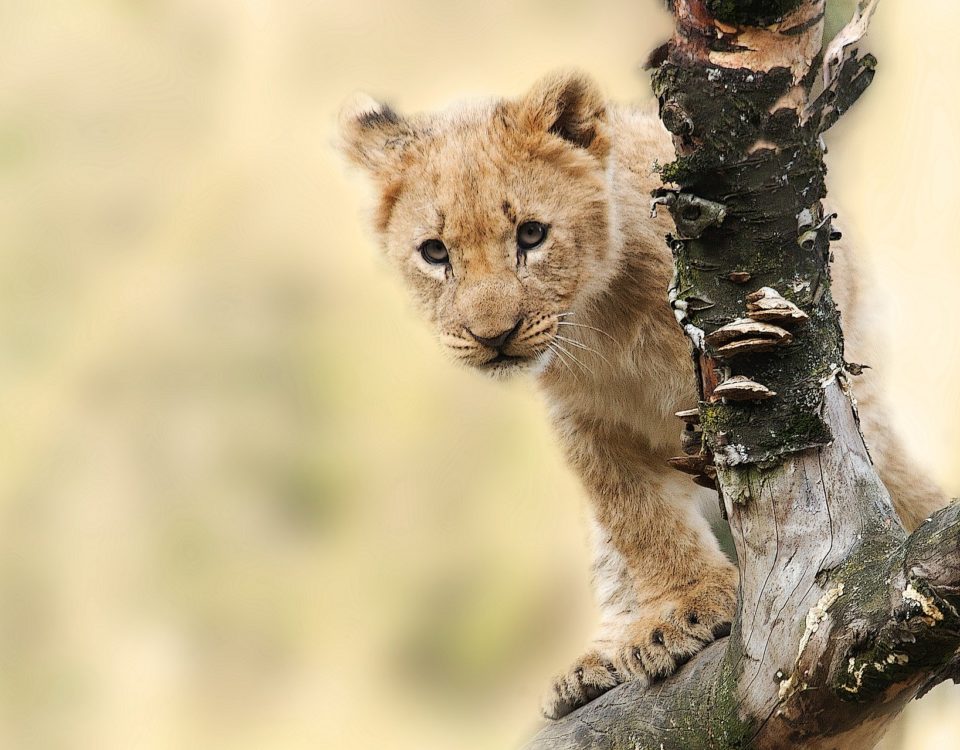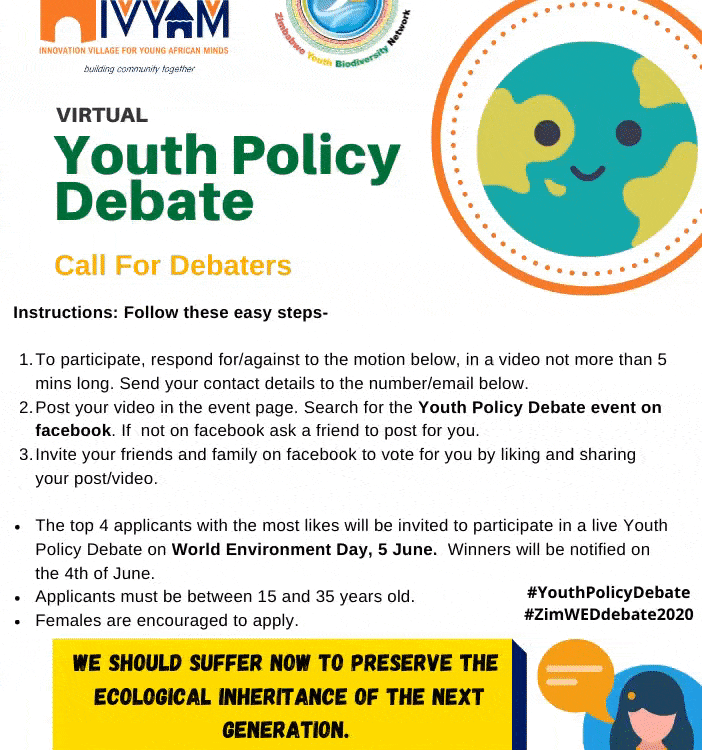A Perspective on Protecting Our Species From Extinction: Earth Day 2019

Biodiversity and Nature Conservation Symposium 2019
April 10, 2019
Life below Water: for People and Planet
May 15, 2019
The World Earth Day is an event observed annually on the 22nd of April with the aim of celebrating and encouraging the increasing worldwide support for environmental protection and to continuously raise awareness of the environmental challenges the world is facing.
The theme for this year’s World Earths Day celebration “Protect Our Species”, is motivated by the greatest wave of species extinction that has been realized since the last mass extinction at the end of the Cretaceous period about 65 million years ago. The current rate of species extinction stands at an alarming estimated 100 extinctions per million species per year which is 1,000 times higher than the natural background rates and is expected to increase in future.
Unlike the mass extinction whose causes largely still remain a mystery, the current wave of species extinction is largely attributed to anthropogenic activities. Human beings have engaged themselves in the extensive and unsustainable hunting and harvesting of wildlife and plant species to feed the ever-growing population, to satisfy the illegal trade activities, the unsustainable land use practices such as deforestation that have led to extensive habitat loss, pollution in all its forms, over-exploitation of natural resources and on top of all this, global warming and climate change resulting from anthropogenic GHG emissions into our atmosphere.
As a result of the human influence on the climate system in what scientists are now labeling the “Anthropocene” marked by very high GHG emissions, the rate of global warming reached approximately 10c above the pre-industrial levels in 2017 and is expected to continue increasing threatening the sustainability of the worlds species and human population if ambitious measures to reduce emissions are not taken. This, therefore, reinforces the need for urgency to conserve what is left and try to reduce the negative human impact on the environment going forward.
The world however stands at crossroads, where on the one side, the pressing necessity to produce more food and energy, to provide safe potable water and shelter, to eliminate inequalities and end poverty for the 7,5 billion people under the difficult climatic conditions and finite resource base beckons and on the other side the need for environmental protection beckons with the Zimbabwe, Africa and the rest of the developing world largely on the receiving end of these challenges.
As we face these threats to the existence of our bio-diversity and human survival, there is a need for collaboration among governments, institutions, organizations, and individuals to take stringent action towards protecting the environment. The small steps we take today such as raising awareness on environmental issues, planting trees, inhibiting deforestation, enhancing energy conservation through reducing unnecessary use of electricity which will result in reducing our carbon footprint will result in big gains if appreciated by people worldwide.
The youth, contributing a larger proportion of the Worlds’ population has an enormous role to play in ensuring the sustainability of the earth and its resources for their own benefit and for the benefit of future generations. Youths should make their homes, schools, and organizations more environmentally friendly by adopting environmentally friendly practices such as recycling and reusing/repurposing the non-degradable materials we use, conserving and reducing the volume of resources we use such as water and electricity.
Active engagement of the youth in environmental protection activities and commemoration of events such as the World Earth Day will not only create direct impact on changing youth behaviors and attitudes towards the environment but will also cascade in influencing their parents, relatives, and peers.
As we, therefore, celebrate this year’s World Earth Day, it is important to emphasize that every day is World Earth Day and taking care of the earth should not be viewed as a once of event, but should be embedded in our daily routine.



